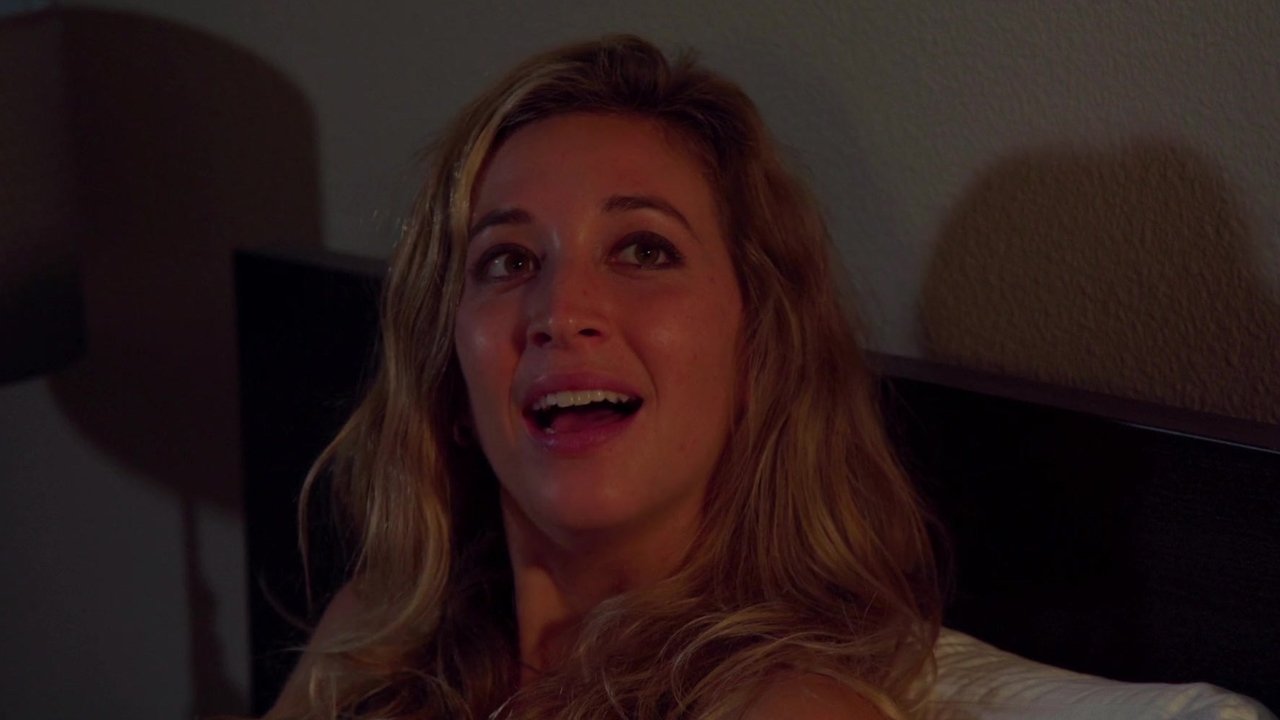
Meet-cutes,
dating apps, disappointment, and second chances: this is the material of Alex
Magaña’s What Love Looks Like, a
sweet and sunny romantic ensemble comedy about Millennials negotiating love in
the City of Angels. Five relationships take their course over an economical but
pleasantly ambling runtime, allowing us to observe the vagaries of youthful courtship
in the 21st century. There is plenty of melancholy – one character
is struggling to let himself love again following the loss of his wife, while
another finds herself repeatedly let down by her doltish boyfriend whose eyes
are permanently glued to his phone – but Magaña mostly focuses on men and women
finding their way toward each other, rather than on romantic dissolution,
signaling through his largely lighthearted tone an intent to deliver on the
proverbial fairy-tale ending.
Things aren’t
entirely rosy in the beginning. Nicole (Kate Durocher) is flummoxed by her beau
Owen (Josh Gilmer), the aforementioned screen-obsessed boyfriend. Fed up with
his inattentiveness, she begins a cautious affair with cocky rideshare driver
Jace (Trevor Sean). Elsewhere, Calvin (Connor Wilkins) and Summer (Jamie
Shelnitz) are separately mourning their fortunes after their Tinder date goes
sour. Their respective roommates coincidentally turn them onto the same blind dating
app, through which, in a yet more incredible coincidence, they end up
anonymously matched. It’s unclear whether this happens because the app is
massively unpopular, because their friends conspired to set them up through it,
or because only a handful of people are living in LA. Or… destiny? In any case,
the emphasis on social media nicely captures the reality of dating in the
digital era, especially among young adults.

The other storylines range from the emotionally heavy to the sprightly, sometimes juggling both. Sadness permeates the situation of Sam (Nathan Kohnen), who’s still reeling from his wife’s death when the chipper Evie (Ashley Rose McKenna) invites herself to a sandwich-based lunch with him every day in the park. (A welcome, whimsical touch is the way this same park functions as a meeting place for all five couples, at various points). Sam’s wife appears to him occasionally as a ghostly apparition, urging him to let her go so he can rediscover love and happiness. The conceit is elevated by Kohnen, who makes Sam’s sullenness feel authentically weighty. The back-and-forth between him and Evie helps to leaven the mood, as does the dynamic between Theodore (Jack Menzies, fully committed to his character’s chronic awkwardness when it comes to female contact) and Bailey (Ana Ming Bostwick-Singer), the exceedingly good-natured recipient of his fumbling overtures. Their scenes together are charming without feeling strained, and lead to my favorite moment in the film, a date-night screening of an absurdist reimagining of Casablanca. Rounding things out are the slick Finn (Kyle Meck) and the British exchange student Penelope (Taylor Alexa Frank). Although Penelope initially resists Finn’s entreaties, the two eventually hit it off, culminating in a hasty trans-Atlantic flight with hearts on the line.
Again, it comes
as little surprise that the characters of What
Love Looks Like mostly get what they want, and there is certainly
satisfaction in that. We’re not here to get exaggerated conflicts or violent
uncoupling, but rather the ordinary uncertainties and triumphs of young
relationships, which, however momentous they may seem in the moment, really are
just relationships among many probable ones yet to come. I wish Magaña had made
room for at least one that wasn’t heterosexual or monogamous (and it would have
been nice to have seen one of the Black couples glimpsed during the film’s
opening montage show up as a main pairing), but what is here is a heartfelt
reminder that we’re all seeking affection in one way or another, and that
sometimes it’s great to bask in the idea that we’ll end up finding it.
